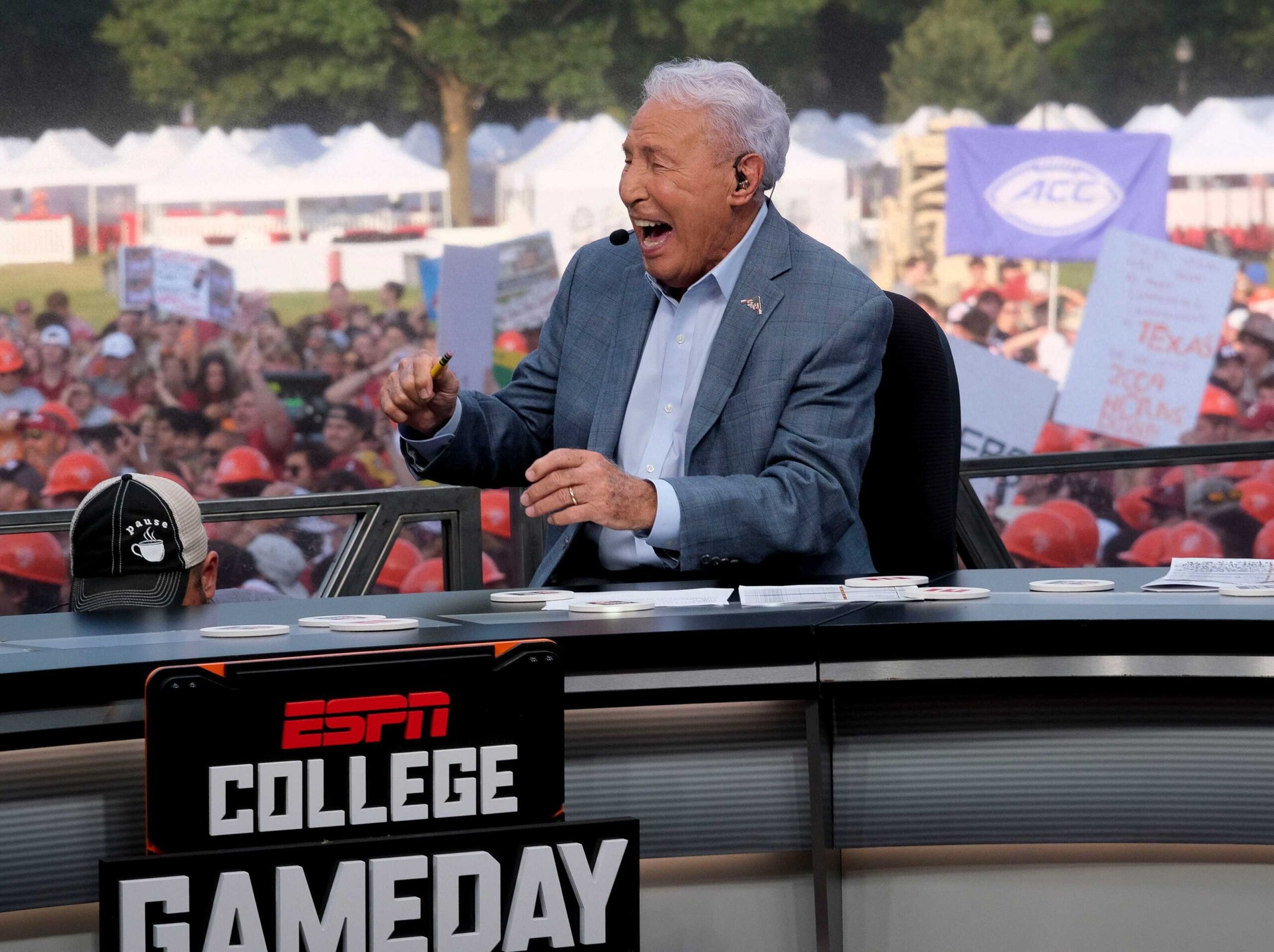Army, Navy, and The Ghosts of Christmas Past
Many months ago, I connected with my friend Debbie on Zoom.
I can’t remember what was happening at the time, but when I asked her how she was doing, she gave me a less-than-positive response.
“Oh, but it’s Friday!” I offered enthusiastically.
“And the sun is out!”
“Just let me feel my feelings, Beth,” she said, perhaps in jest – or perhaps in truth.
I realized that I had gone down the ole “look at the bright side!” route when maybe what she really needed was to have her feelings acknowledged.
That moment has stayed with me – and I’ve thought about it often, especially when someone tells me they aren’t having a great day or feeling #grateful.
What is this need to flip someone to the sunny-side-up of life instead of just sitting in the darker feelings?
I thought about that when I saw a clip of Lee Corso, a commentator on ESPN’s College GameDay, before the 124th Army-Navy football game.
Though it’s not producing as many Heisman Trophy candidates as it used to, Army-Navy is an important game in college football, with a long history.
Most of the players on these teams don’t go to the NFL – they go on to serve their country.
And Navy is even more special to 88-year-old Corso, because before he became an analyst, he had a career as a college football coach, including serving as the defensive backs coach at Navy from 1966-68.
During the GameDay broadcast, ESPN shared footage of a young “LC” coaching the Naval Academy players.
After the clip played, Corso’s co-presenters were jovial, smiling and laughing at their colleague and friend’s days as a coach.
But Corso looked emotional.
“It brings back many memories,” he said earnestly.
“Very sad.”
“No!” co-host Pat McAfee immediately shouted back.
“Very happy,” said co-host Rece Davis, perhaps attempting to shift the tone.
But considering the time period, I wondered how many of men Corso coached at Navy went on to serve in Vietnam — and never came home.
Lee Corso is 88 years old — and has a lifetime of memories.
They won’t all be positive.
The GameDay co-hosts seemed caught off-guard by Corso’s emotion
The emotion of that exchange reminded me of a moment I had with my own grandfather on Christmas Day in 2007, when he was about Corso’s age.
My Papaw was the strongest man I’d ever known. He still is.
He was like this 6’4 oak, with a booming voice and a commanding presence.
He was a man that other people loved and admired — and his confidence, personality, and sense of humor always made him the center of attention.
Papaw had gone through more than a few struggles in his life – from the hardships of growing up during the Depression to being shot and seriously wounded in France during World War II.
My Papaw, Frank Smith (1942?)
But it was during the last years of his life that he faced the hardest challenge of his life: caring for my grandmother as she slowly succumbed to Alzheimer’s disease.
Of course he was grateful for the time he and my grandmother shared, and all their happy memories.
But it was also devastating and heart-wrenching to watch the once-vibrant woman he had loved for more than 60 years slowly fade away.
And the conversation we had on Christmas Day has stayed with me for 16 years, because it was the first time I had ever seen my Papaw – the epitome of strength – vulnerable.
My favorite picture of Papaw (holding me), with my sister and my Mamaw
As we sat next to each other on the couch, we looked over at the hospital bed that now sat in their living room, where my grandmother was resting.
She looked so small, and so frail.
That Christmas, the grandmother I had always been so close to no longer knew who I was.
And I wasn’t the only one she no longer recognized.
The family members that she had doted on so much over a lifetime of Christmases were now strangers to her.
“I’ve never cried more in my life than I have this year,” Papaw told me, his eyes welling up as he looked over at her.
It hurt me to see him hurt like that.
But in that moment, I let him feel his feelings.
I didn’t suggest he “look at the bright side.”
I simply held his hand — and listened.
It wasn’t comfortable or easy.
But maybe it was the right thing to do.
To let him know that I heard him, and that I cared.
Maybe that’s what I should have done with Debbie.
Maybe that’s what Lee Corso’s co-hosts should have done with him.
Maybe that’s something we all need to do for each other.
__________________________________________
Beth Collier loves writing, pop culture, and all the memories she has of her Mamaw and Papaw.
She also loves helping companies, leaders, and teams improve their communication (and creativity and leadership) through consulting, coaching, and workshops.
Her clients benefit from Beth’s global corporate experience, Midwestern practicality and enthusiasm, and an endless supply of pop culture references.
To find out how Beth can help you become a more confident, creative, and compelling leader – or improve communication in your company – visit www.beth-collier.com or drop her a line at beth@beth-collier.com
__________________________________________





